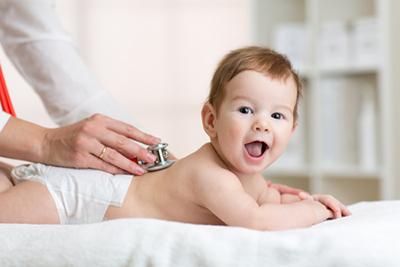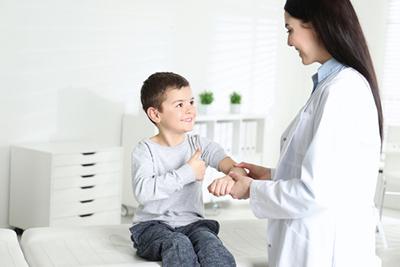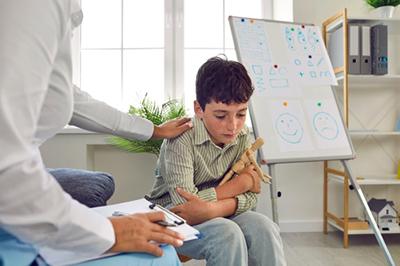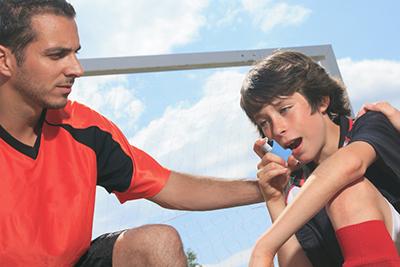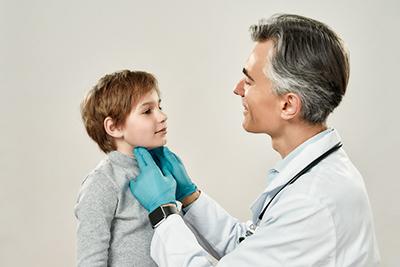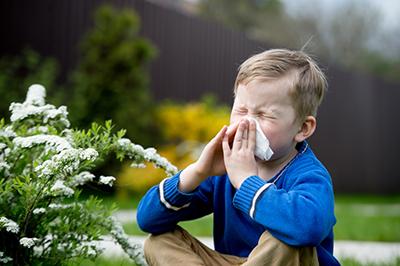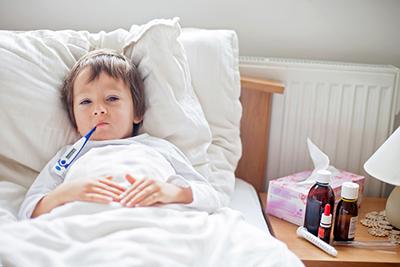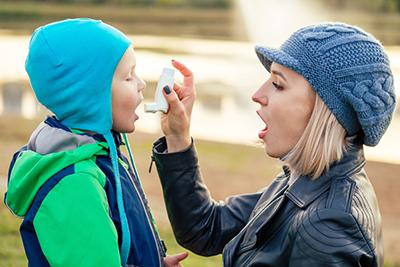Blog
Effective Parenting Strategies for Promoting Positive Behavioral Health in Children
- posted: Mar. 29, 2024
Raising a child is certainly no easy task. That said, the right approach can make parenting easier, while also ensuring that your child is in as good of a position Read More
Recognizing Newborn Health Issues
- posted: Mar. 13, 2024
Welcoming a newborn into the world is a joyous occasion, filled with excitement and hope for a healthy and happy future. However, amidst the joy, it's crucial for parents and Read More
Are School Physicals Necessary Every Year?
- posted: Aug. 30, 2023
Our team at Royal Oak Pediatric Associates, headed up by Dr. Anita Henley, can provide your child with the school physicals in Marion and Abingdon, VA, that they need to be Read More
Promoting Mental Well-being in Kids
- posted: Jul. 01, 2023
Your child’s mental health is just as important as their physical health. It is extremely important that you’re nurturing your child’s mental health and giving them a safe space to Read More
FAQs About Newborn Care
- posted: Jun. 13, 2023
Having a newborn is an exciting time, and a busy time. If you are new to parenting, you probably have some questions about newborn care. Your pediatrician has the answers Read More
Choosing Us as Your Pediatrician
- posted: Jun. 02, 2023
Experience the outstanding benefits of visiting Dr. Anita Henley, a board-certified Royal Oak Pediatric Associates pediatrician. Dr. Henley's expertise ensures your child receives the best care possible. She prioritizes your Read More
The Importance of Mental Health in Children
- posted: Jun. 01, 2023
If your child is experiencing frequent sadness, your child could have depression. If your child feels anxious when experiencing new things, your child could have anxiety. These are just two Read More
Helping Your Child Manage Chronic Conditions
- posted: May 18, 2023
If your child is dealing with a chronic condition, it can affect many aspects of their life. It can be difficult to pay attention in class if they’re dealing with Read More
How to Recognize and Treat Common Childhood Illnesses
- posted: May 01, 2023
As a parent, you know that there are many illnesses that your child may come in contact with on a daily basis. It’s important that you’re able to recognize the Read More
Managing Common Childhood Allergies
- posted: Apr. 17, 2023
When your child is dealing with allergies, it’s important that they get all the care that they need. Allergies can manifest in different ways and different children can have completely Read More
The Benefits of Well-Child Care Exams
- posted: Apr. 03, 2023
When it comes to taking care of your child, you want to make sure that you’re caring for them, even when they aren’t sick. You must be able to do Read More
Tips for Managing Common Childhood Illnesses at Home
- posted: Mar. 17, 2023
As much as we’d like to hope that our children never get sick, it’s often unavoidable. Children get sick often and it can be a hassle dealing with a sick Read More
Newborn Care: Questions for Your Pediatrician
- posted: Mar. 03, 2023
Welcoming a newborn into the family is such an exciting time, but it is also normal to worry about how to best care for your new little one. A pediatrician Read More
Child Safety: Essential Tips for Parents to Keep Their Kids Safe and Healthy
- posted: Mar. 02, 2023
Raising children is no small feat. Parenting isn’t easy and parents need all the help that they can get. When it comes to taking care of your child, you probably Read More
Managing Asthma in Children: Tips for Parents
- posted: Feb. 16, 2023
When you find out that your child has asthma, it’s important to know that they can still participate in their favorite activities and play just as well as other children. Read More
Promoting Healthy Eating Habits in Children
- posted: Feb. 02, 2023
You want your child to be healthy, and one of the cornerstones of good health is nutrition. If your child is a picky eater, likes to eat junk food, or Read More


